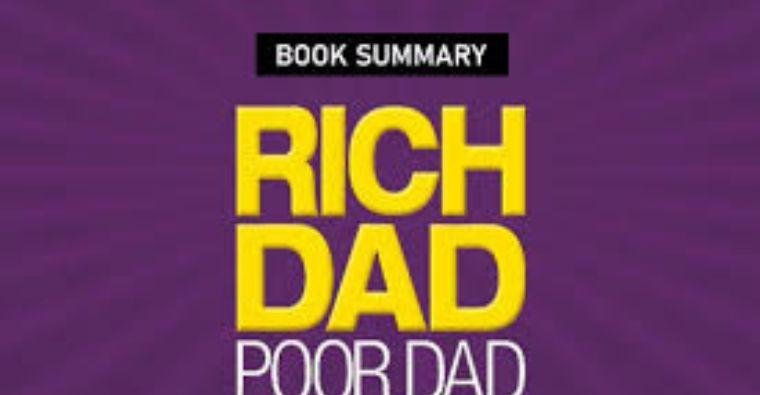Overview
Rich Dad Poor Dad, authored by Robert Kiyosaki, is a personal finance classic that has inspired millions of readers worldwide since its publication in 1997. Through the lens of his own life experiences, Kiyosaki contrasts the financial philosophies of two father figures: his biological father (the "Poor Dad") and the father of his best friend (the "Rich Dad"). This dual perspective offers readers insights into differing mindsets about money, investing, and wealth-building.
Key Themes
The Importance of Financial Education
One of the core messages of Rich Dad Poor Dad is the necessity of financial literacy. Kiyosaki emphasizes that traditional education often overlooks essential financial skills. He advocates for self-education in finance, investments, and entrepreneurship as a means to achieve financial independence.
Assets vs. Liabilities
Kiyosaki simplifies wealth-building concepts by introducing the distinction between assets and liabilities. He argues that the rich acquire assets—investments that generate income—while the poor and middle class often accumulate liabilities, which they mistake for assets (such as their homes). This fundamental understanding is pivotal for anyone looking to build wealth.
The Mindset of the Rich
The book delves into the mindset that separates the wealthy from the financially struggling. Kiyosaki outlines how the rich view money as a tool to create more wealth, whereas the poor often see it as a means to pay bills. This shift in mindset can drastically alter financial outcomes.
The Role of Entrepreneurship
Kiyosaki encourages readers to consider entrepreneurship as a pathway to financial freedom. He shares his experiences and lessons learned from starting businesses and investing in real estate, highlighting the potential for wealth creation outside of traditional employment.
Writing Style
Kiyosaki's writing style is straightforward and engaging, making complex financial concepts accessible to a broad audience. He uses personal anecdotes, humor, and simple language to communicate his ideas, which helps to keep readers interested. The conversational tone adds a relatable aspect to his teachings.
Impact and Critique
Rich Dad Poor Dad has had a profound impact on how people perceive money and investing. It has sparked discussions about financial literacy and the need for a shift in educational paradigms. Many readers have found inspiration in Kiyosaki's principles, leading them to take control of their financial futures.
However, the book is not without criticism. Some financial experts argue that Kiyosaki’s advice can be risky, especially for those who lack a solid understanding of investing. Critics also point out that the book is heavy on philosophy and light on actionable steps, making it essential for readers to seek additional resources to apply Kiyosaki’s concepts effectively.
Rich Dad Poor Dad is a transformative read for anyone seeking to improve their financial knowledge and mindset. It challenges conventional beliefs about money and encourages readers to think differently about wealth-building. While it is vital to approach Kiyosaki’s ideas with discernment and supplement them with thorough research, the book undeniably provides a thought-provoking perspective that can inspire individuals to pursue financial independence. Whether you are a seasoned investor or just starting your financial journey, this book offers valuable insights that can pave the way for a prosperous future.




